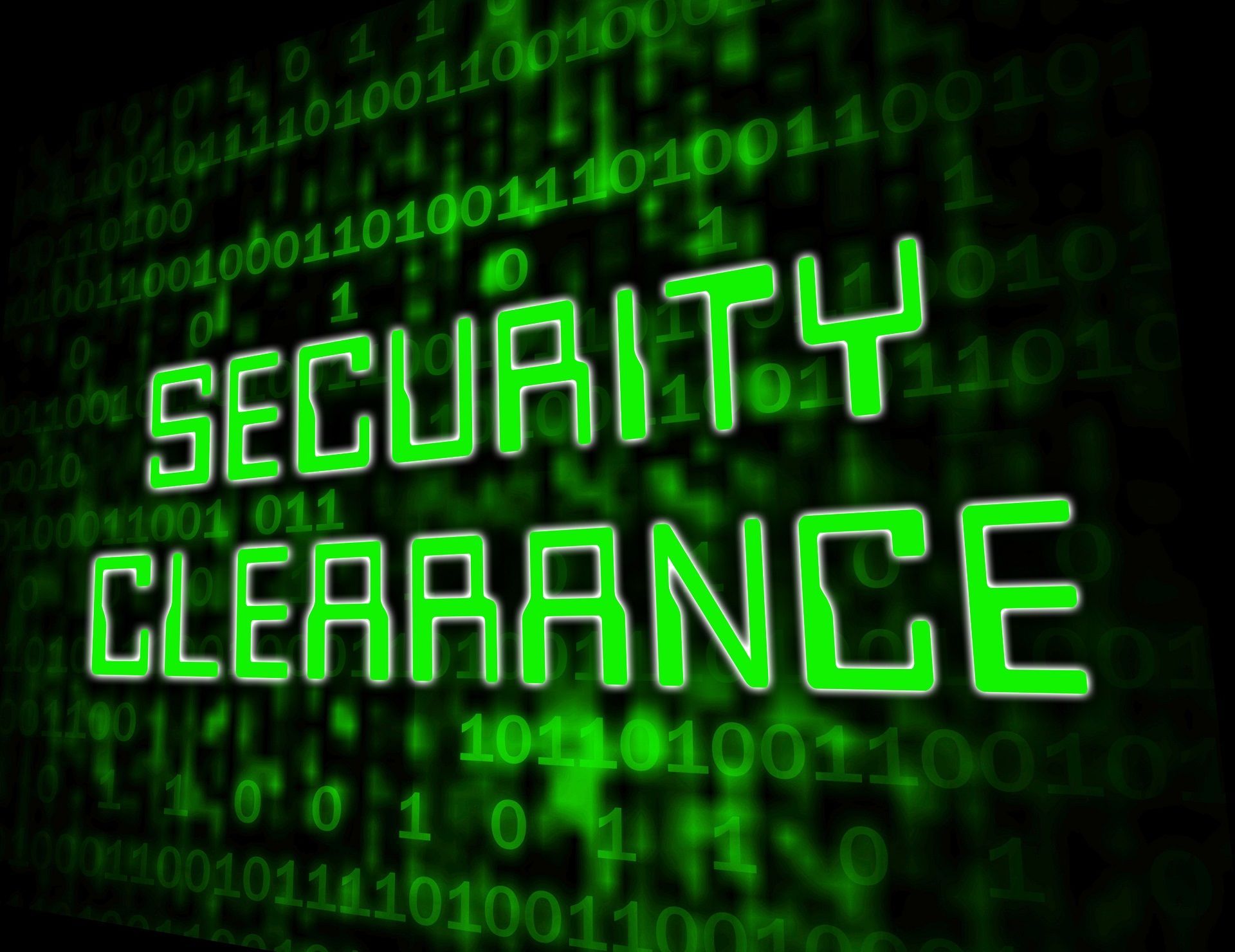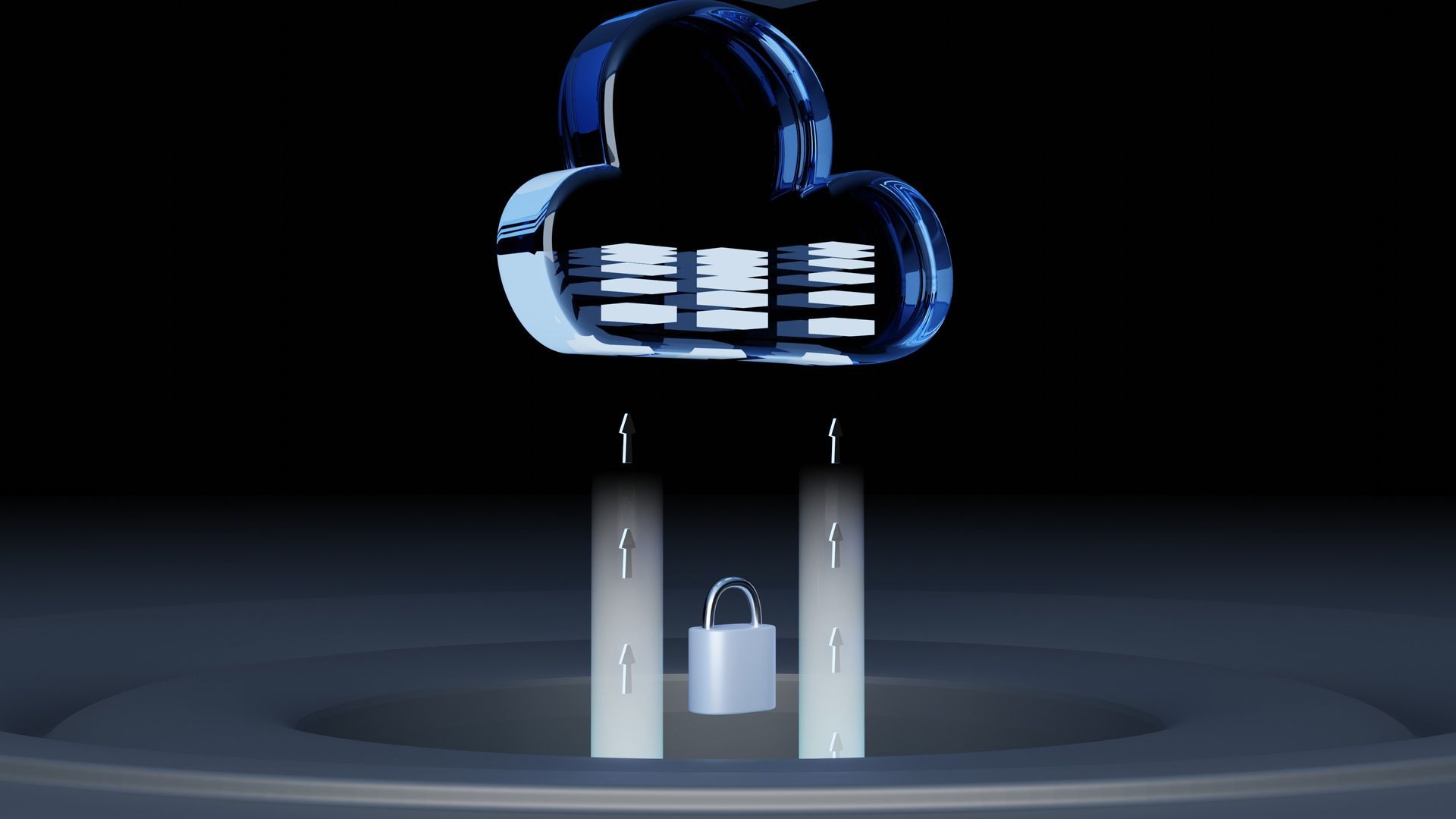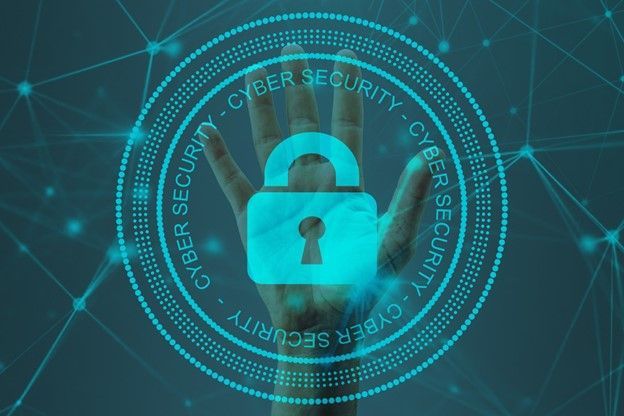Building a Strong Cyber Security Culture in Your Small Business: Tips and Best Practices

The sophistication and frequency of cyberattacks are on the rise, posing significant threats to businesses of all sizes. Considering the limited resources and lack of attention to robust security measures, small businesses are becoming the top targets for cyberattacks. While implementing the latest security tools and technologies is important, fostering a strong cybersecurity culture within your organization is equally important.
Cybersecurity is no longer just an IT issue—it's a collective responsibility that requires the active involvement of every employee. So, setting the right culture would involve fostering a mindset of vigilance in the company. Creating awareness and equipping the team with the knowledge and tools to identify and respond to these threats can help any small business in the long run. While this is the first step, there is a larger scope of effort involved in initiating a safe cyber environment in the organization.
Read on as we explore some essential tips and best practices to help you establish a robust cybersecurity culture in your small business. These steps will ensure the safety and resilience of your digital operations.
Tips and Best Practices for The Best Culture
With 46% of all cyber breaches impacting businesses with fewer than 1,000 employees, it's clear that cybersecurity is a critical concern for organizations of all sizes. However, most companies focus only on implementing robust security measures. They often overlook the importance of cultivating a strong cybersecurity culture within their workforce. Building a culture that prioritizes cybersecurity is crucial to safeguarding sensitive data. On that note, it also maintains the trust of customers and stakeholders.
Establish a Clear Cyber Security Policy
A comprehensive cyber security policy is the foundation of your organization's defense against cyber threats. It outlines the rules, guidelines, and procedures employees must follow to ensure data and system security. Your policy should cover the following aspects:
● Password Management: Require employees to use strong, unique passwords for each account and encourage multi-factor authentication to add an extra layer of protection.
● Data Access: Limit access to sensitive information to only those employees who need it for their roles and responsibilities. Implement role-based access controls to ensure data is only accessible to authorized personnel.
● Bring Your Own Device (BYOD) Policy: If your business allows employees to use their devices for work, establish guidelines for securing these devices and accessing company resources.
● Data Backup and Recovery: Emphasize the importance of regularly backing up critical data and testing the restoration process to ensure data can be recovered during a cyber incident.
● Incident Reporting: Encourage a culture of openness and timely reporting of security incidents, regardless of their magnitude. Prompt reporting can help mitigate the impact of potential threats.
Foster Awareness and Education
Human error is often a significant factor in cyber breaches. Educating your employees about cyber security best practices is crucial to minimizing risks. Some effective strategies include:
● Training Programs: Conduct regular cyber security training sessions to raise awareness about common threats like phishing emails, social engineering, and malware. Provide practical examples and simulate real-world scenarios to enhance understanding.
● Awareness Campaigns: Organize cyber security awareness campaigns, including posters, emails, and internal newsletters, to keep security at the forefront of employees' minds.
● Stay Updated: Cyber threats and attack techniques evolve continuously. Encourage employees to stay informed about the latest threats and vulnerabilities through newsletters, industry blogs, and reputable security sources.
Encourage Collaboration and Reporting
Creating a culture of collaboration and reporting is crucial for effective cyber security within your small business. Encouraging employees to work together and report potential security incidents or suspicious activities can help detect and address threats promptly. Here's why this practice is important:
● Threat Detection: Cyber threats often manifest through unusual activities or behaviors. Fostering an environment where employees feel comfortable reporting such incidents increases the chances of detecting threats early. It enables your IT team to investigate and respond swiftly, minimizing potential damage.
● Collective Knowledge: Collaboration allows employees to share their experiences, knowledge, and insights regarding cyber security. This collective knowledge can help identify patterns, develop better preventive measures, and create a more resilient defense against evolving threats.
● Shared Responsibility: Cyber security is a shared responsibility that extends beyond the IT department. With this, you empower employees to actively participate in safeguarding the organization's digital assets. This sense of ownership helps create a stronger cybersecurity culture overall.
Implement Strong Access Controls
Strong access controls are vital for protecting sensitive information and systems from unauthorized access. Ensuring that only authorized individuals can access critical resources can significantly reduce the risk of data breaches and insider threats. Here's how to implement robust access controls:
● Role-Based Access Control (RBAC): Adopt RBAC to assign access permissions based on employees' roles and responsibilities. It ensures that individuals only have access to the resources necessary for their job functions, limiting the potential impact of a security breach.
● Least Privilege Principle: Apply the principle of least privilege, which means granting users the minimum level of access required to perform their tasks effectively. Regularly review and update access permissions as employees' roles change or when they leave the organization.
● Multi-Factor Authentication (MFA): MFA is required to access sensitive systems and data. MFA adds an extra layer of security by verifying a user's identity through multiple factors, such as a password and a unique, time-sensitive code sent to their mobile device.
● Regular Access Reviews: Conduct periodic access reviews to ensure access privileges align with employees' current responsibilities. Remove unnecessary or outdated access rights promptly to minimize the risk of unauthorized access.
● Monitor and Audit Access: Implement monitoring and auditing tools to track and analyze user access activities. It helps identify anomalies or suspicious behaviors that may indicate unauthorized access attempts or potential insider threats.
Conduct Risk Assessments
Risk assessments are critical to a strong cyber security strategy for small businesses. They involve identifying, evaluating, and mitigating potential risks and vulnerabilities that could compromise your organization's information assets. Here's why conducting risk assessments is essential:
● Identify Vulnerabilities: Risk assessments help identify potential vulnerabilities in your systems, processes, and infrastructure. Understanding these vulnerabilities allows you to prioritize remediation efforts and allocate resources effectively to address the most significant risks.
● Assess Impact: Risk assessments allow you to assess the potential impact of a security incident on your business operations, finances, reputation, and customer trust. This understanding helps you prioritize risk mitigation measures and develop appropriate incident response plans.
● Compliance and Legal Requirements: Many industries have specific regulatory compliance requirements related to cyber security. By conducting risk assessments, you can identify gaps in compliance and take the necessary steps to meet regulatory obligations.
The risk of exploitation and cyberattacks is a constant concern for small businesses. When implementing cybersecurity measures, it is crucial to choose a comprehensive and reliable solution that can protect against all kinds of threats. One such solution is Cisco Meraki, which offers an integrated and cloud-based approach to network security. Its comprehensive features and easy-to-use dashboard allow you to manage and monitor your network security in real time. A strong cybersecurity culture is crucial to protecting sensitive data and maintaining customer trust. Businesses can avoid emerging threats and vulnerabilities by implementing regular software updates and patches. Training employees on cybersecurity best practices and promoting a culture of awareness and accountability further strengthens the defense against potential breaches. Remember, investing in a robust cybersecurity culture today can save your business from costly and damaging consequences in the future.
Leading by example,
IBOX Global offers cutting-edge cyber security solutions to safeguard your small business. Don't wait for a breach; take charge of your company's security now.
Contact us and empower your business with best-in-class protection to thrive in today's digital landscape. The safety of your data is our top priority. Act now!








